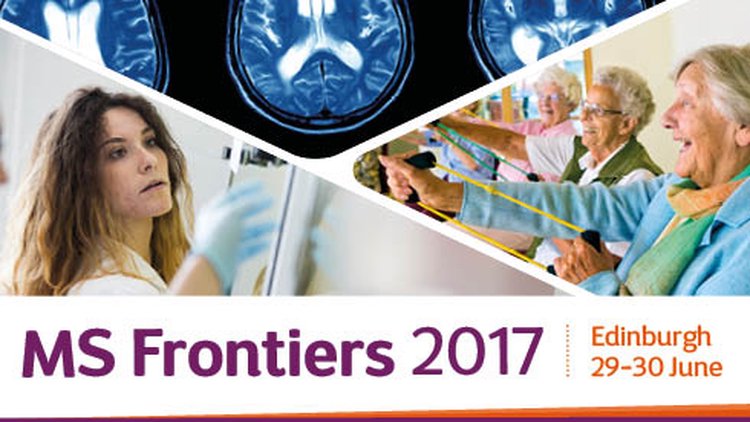
The abstract from the University of Essex has been one of the selected to be presented at MS Frontier in Edinburgh
The annual MS Frontiers Conference, sponsored by MS Society UK, is being held in the city of Edinburgh this year. The conference will cover the following key topics:
Immunopathology and causes of MS
Neurodegeneration and myelin repair
Predicting progression and biomarkers
Prescribing and patient choice
Technological innovations and self-management
Comprehensive care and symptom management
Dr Matthew Taylor, a researcher from the University of Essex will be chatting on Friday at 12.00, presenting the Universitys feasibility study using VirtualRehab titled The use of individually tailored rehabilitation exergames : the views of people affected by Multiple Sclerosis His talk will form part of the Technological innovations and self-management module in the parallel sessions.
Dr Taylor will discuss the results obtained from the study using VirtualRehab as part of an 8-week balance training programme and to capture the experiences of participants undertaking the exergaming intervention. The aim was to use VirtualRehab software during an 8-week balance training programme and to capture the experiences of participants undertaking the exergaming intervention.
Ten ambulatory participants with a diagnosis of MS participated in the study, and carried out 8 individually supervised, 30-60 min exergame training sessions, once per week for 8 weeks. Ten VirtualRehab games were chosen to best train the cognitive, balance, and coordination of participants. The games were customised to suit the needs of each participant allowing for progression, specificity, and variety to be incorporated into the training.
The overall results were very positive, with patients noticing not only that the exergames were physically demanding but also placed a cognitive demand on them in many cases.
Participants also felt safer performing activities and movements in the virtual environments that that they would never have considered doing in real life. Another important point for many was that the games could be personalised resulting in each person could have a tailored therapy based on the abilities or needs of an individual.
The study concludes the Patient Activation Measures (PaMs) were positive about these individually tailored rehabilitation exergames. They found them fun but challenging and could discern benefits from participating.
Access the programme